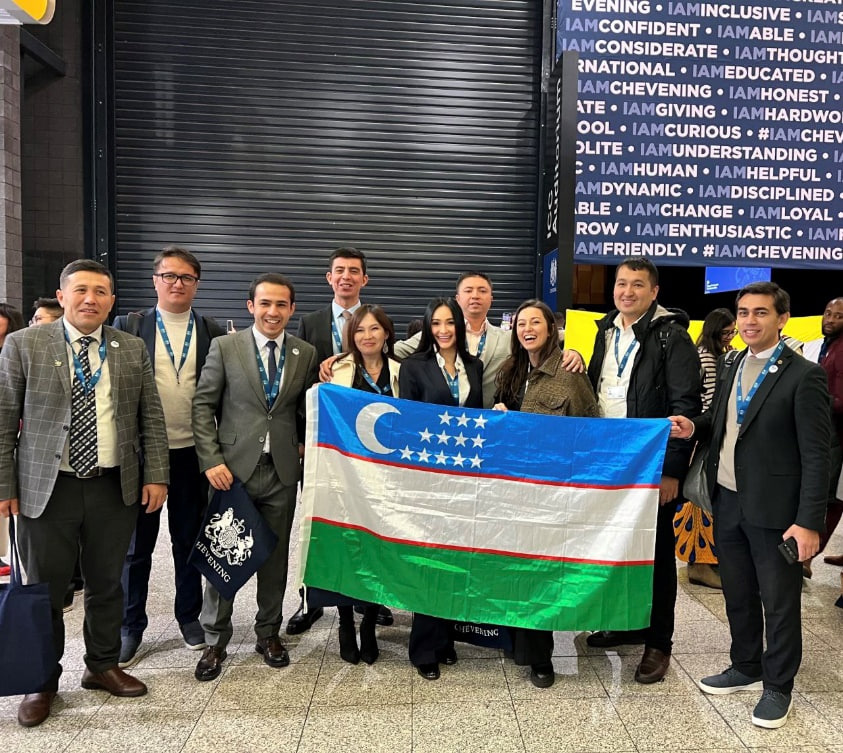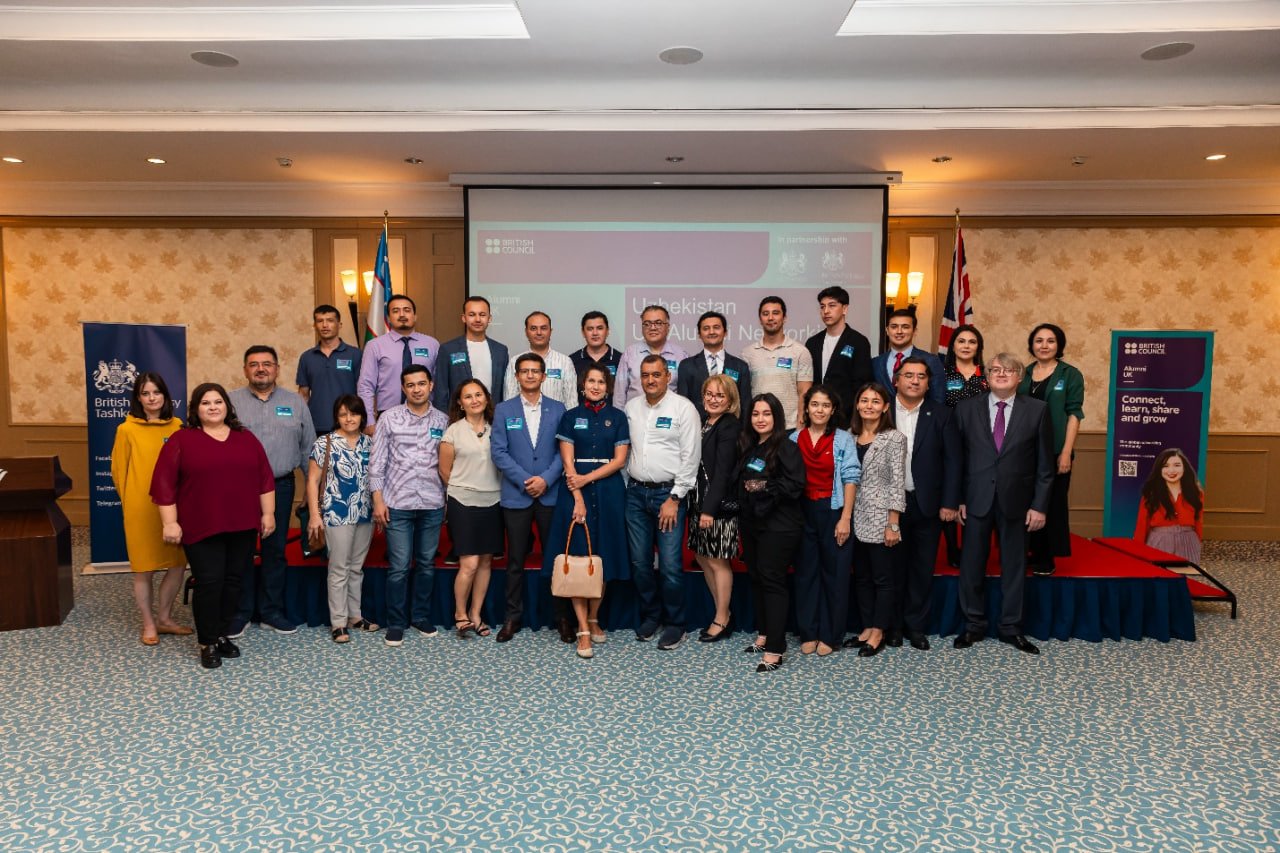Chevening Scholarship: Eligibility, application process, and mistakes to avoid
The Chevening Scholarship, a prestigious program funded by the UK government, has long been regarded as a gateway for exceptional individuals seeking to advance their careers, leadership potential, and contributions to their communities. In an exclusive interview with Ms. Shirin Toshkhujaeva, the Chevening Scholarship Programme Officer at the British Embassy in Tashkent, we explored the intricacies of the program, its mission, and the opportunities it offers.
Mission and vision of Chevening
Chevening stands out as the UK government’s flagship initiative to develop future leaders and decision-makers. The program enables individuals from over 160 eligible countries to pursue a one-year master’s degree at leading UK universities. The scholarship covers the entire tuition fee, return flights, and a monthly stipend to support living expenses, making it an attractive opportunity for talented individuals with leadership potential.
Ms. Shirin emphasized that the scholarship goes beyond academic achievement. “Chevening’s mission is to empower global leaders who will bring positive change to their professions, communities, and countries after studying in the UK,” she explained.

Eligibility and application process
Applying for Chevening is highly competitive, with only 1-2% of applicants successfully securing the scholarship. To be eligible, applicants must hold a bachelor’s degree, have at least two years of professional experience (equivalent to 2,800 hours), be citizens of an eligible country, and intend to return to their home country for at least two years after completing their studies.
The application process consists of two stages:
- Initial Application: This includes personal information, details of professional experience, and four essays on leadership and influence, networking and relationship building, reasons for studying in the UK, and career plans.
- Interview: Shortlisted candidates undergo an interview conducted by a panel to assess their suitability and alignment with Chevening’s mission.
Shireen highlighted that applicants do not need to hold university admission offers during the initial application stage but must secure at least one unconditional offer by mid-July of the following year.
While Chevening does not require standardized English tests, many UK universities do. Proficiency in English is essential for academic success.
Leadership and networking: What to write in the essays?
Leadership and networking are central themes in the Chevening application. Applicants are encouraged to provide concrete examples of their leadership experiences and demonstrate how they have influenced change in their professional or personal capacities. “Generic statements about leadership are insufficient. We look for specific examples that highlight the applicant’s ability to think critically, solve problems, and inspire others,” Ms. Shirin noted.
Similarly, networking essays should focus on how applicants plan to leverage the vast Chevening alumni network. With over 60,000 alumni worldwide, including 300 in Uzbekistan, this global community offers many opportunities for collaboration and mentorship.
Studying in the UK
The “Why study in the UK” essay is another critical component. Ms. Shirin stressed the importance of tailoring this essay to reflect genuine interest in the UK’s academic and cultural environment. “Applicants should avoid generic statements. Mentioning specific universities, programs, or professors they wish to work with demonstrates thorough research and a clear vision for their academic journey,” she said.
Common pitfalls to avoid
Despite its allure, the application process presents challenges. The Chevening officer identified common mistakes that weaken applications, such as vague or overly ambitious career plans and reliance on clichés. Additionally, authenticity is paramount. Candidates whose essays do not align with their skills or experiences often struggle during interviews. “We value integrity and coherence. Strong applications are supported by tangible evidence of the applicant’s achievements and aspirations,” she explained.
Alumni impact and opportunities
Chevening alumni are expected to give back to their communities, and many have made significant contributions upon returning home. Ms. Toshkhujaeva shared examples of alumni excelling in governance, education, IT, and digital reforms. “Chevening alumni are change-makers. They address skill gaps, drive innovation, and inspire others to follow in their footsteps,” she stated.
The program also supports alumni through initiatives such as the Chevening Alumni Program Fund (CAPF), which provides funding for alumni-led projects. Networking events and embassy-led activities further strengthen the alumni community.

Advice for future applicants
For those aspiring to join the Chevening community, Ms. Toshkhujaeva offered practical advice. Researching universities and courses well in advance could be a place to start; having a clear selection of programs saves time and enhances application quality. Addressing gaps in leadership experience by initiating community projects or professional improvements, connect with current scholars and alumni for insights and guidance might be a way to go.
Related News

16:30 / 21.12.2024
Additional bus and train services to be arranged for students on domestic routes during winter breaks

16:41 / 19.12.2024
EBRD expands its project portfolio in Uzbekistan

19:28 / 16.12.2024
Burdened by expectations: Silent struggles of migrant workers

17:26 / 13.12.2024



